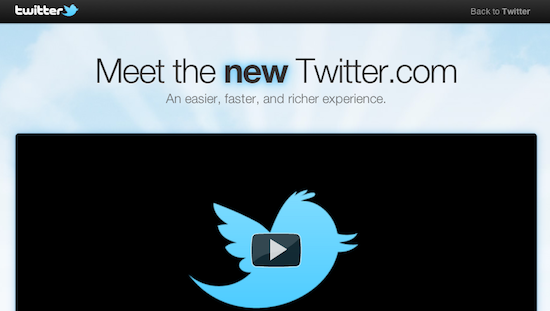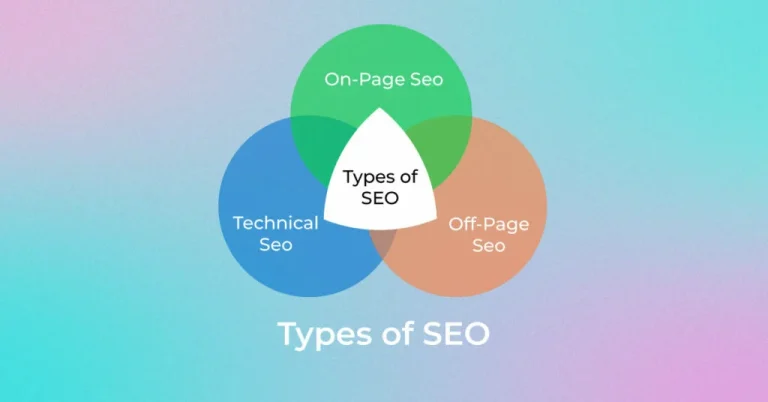Is Mastodon Giving Twitter a Run for Its Money?
Social media has become an indispensable part of our lives, connecting us with friends, family, and the world at large. However, recent years have seen growing concerns about the concentration of power in the hands of a few tech giants, particularly Twitter. Enter Mastodon, a decentralized social media platform that has gained significant traction in recent months. But is Mastodon really giving Twitter a run for its money?
The Rise of Mastodon
Mastodon was launched in 2016 by Eugen Rochko, a German software developer. Unlike Twitter, which is a centralized platform controlled by a single company, Mastodon is a decentralized network of interconnected servers called instances. Each instance has its own set of rules and moderation policies, giving users more control over their experience.
Mastodon’s user base has grown steadily since its launch, but it experienced a surge in popularity following Elon Musk’s acquisition of Twitter in April 2022. Concerns about Musk’s plans for Twitter, such as loosening content moderation policies and reinstating banned accounts, led many users to seek alternatives. Mastodon was one of the primary beneficiaries, with its user base more than quadrupling in the months following the acquisition.
Comparing Mastodon and Twitter
Despite their shared focus on microblogging, Mastodon and Twitter have several key differences. Here’s a comparison of the two platforms:
| Feature | Mastodon | |
|---|---|---|
| Decentralization | Yes | No |
| Character limit | 500 | 280 |
| Content moderation | Managed by individual instances | Managed by Twitter |
| Algorithm | Chronological | Algorithmic |
| Monetization | Non-profit | Ad-supported |
drive_spreadsheetXuất sang Trang tính
Benefits of Mastodon
One of the primary benefits of Mastodon is its decentralized nature. This gives users more control over their experience and reduces the risk of censorship. Additionally, Mastodon’s chronological timeline means that users are more likely to see content from the people and communities they follow, rather than content that is pushed to them by an algorithm.
Challenges for Mastodon
Despite its advantages, Mastodon faces several challenges. One challenge is its smaller user base. With approximately 3 million active users compared to Twitter’s 330 million, Mastodon is still a relatively small platform. This makes it less attractive to brands and advertisers, which can limit its growth potential.
Another challenge is the complexity of its decentralized structure. While decentralization is a strength, it also makes it more difficult to maintain consistency and enforce policies across the network. Additionally, the lack of a central algorithm can make it more difficult for users to discover new content.
Is Mastodon the Future of Social Media?
Only time will tell whether Mastodon can truly compete with Twitter. However, its growth in recent months suggests that there is a growing appetite for decentralized social media alternatives. Mastodon’s focus on user control, privacy, and chronological timelines could make it a compelling choice for those who are concerned about the direction of social media under tech giants.
Conclusion
The rise of Mastodon is a sign of the growing demand for more user-centric and decentralized social media platforms. While it still faces challenges, Mastodon has the potential to reshape the social media landscape and give users more control over their online experience.
Additional Considerations
- The future of Mastodon will depend on its ability to address its challenges, such as attracting more users and improving its discoverability.
- The growth of Mastodon could lead to the emergence of a more diverse and competitive social media landscape.
- Decentralized social media platforms could play a role in combating issues such as misinformation and censorship.
It is an exciting time for the social media industry as new platforms emerge and challenge the dominance of established players. Mastodon is one of the most promising contenders in this space, and its future growth will be closely watched by users, brands, and tech giants alike.



